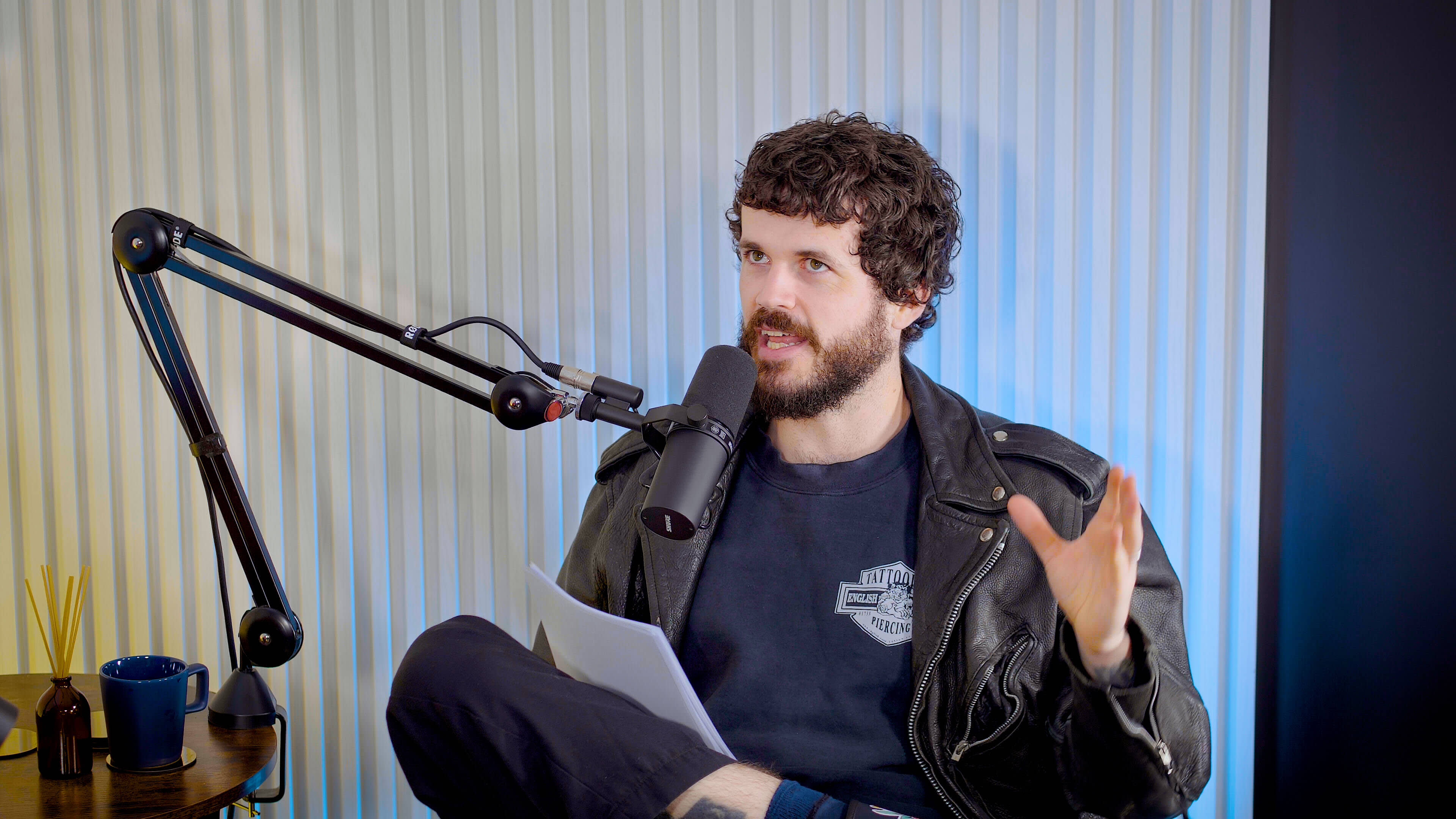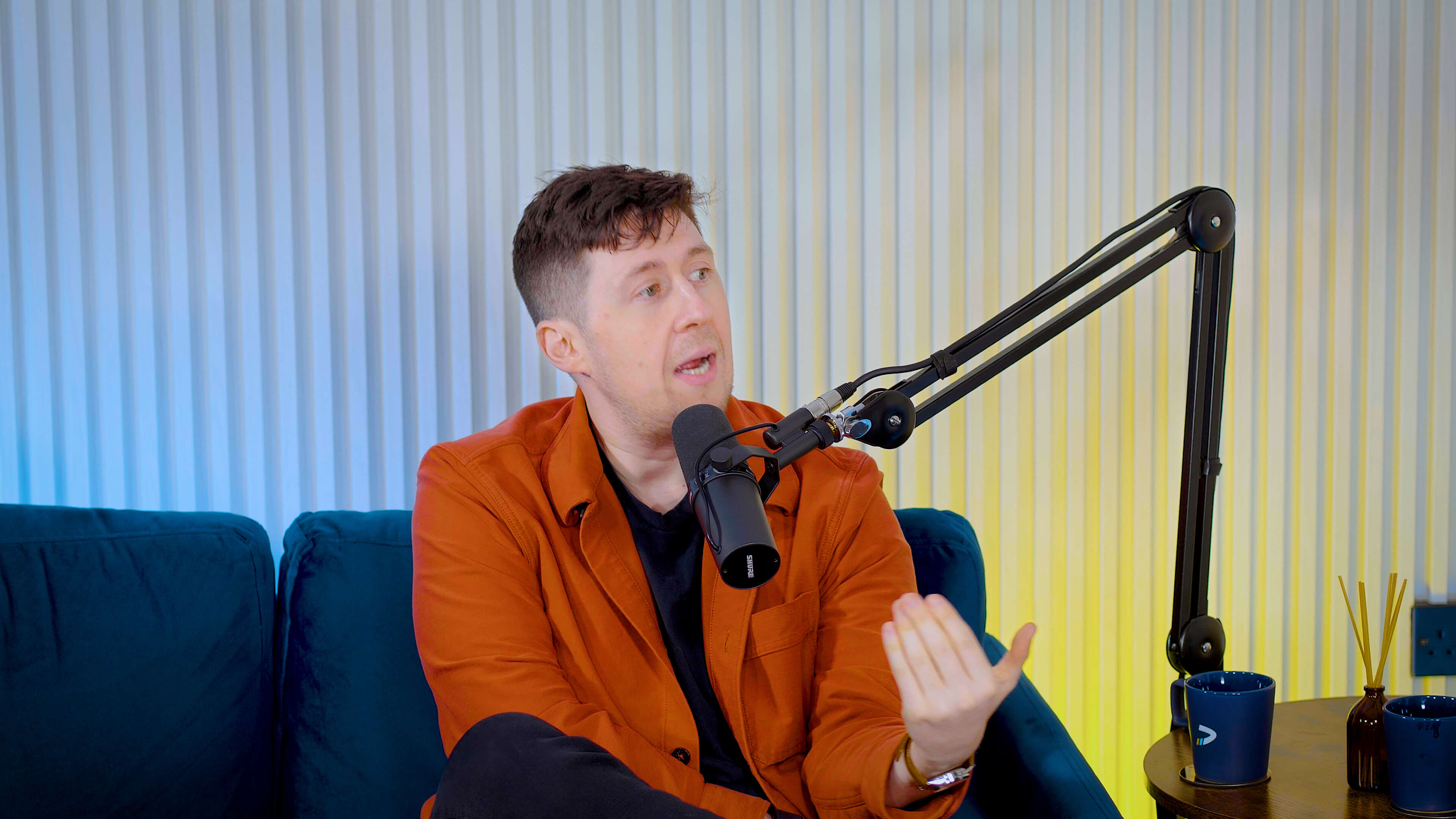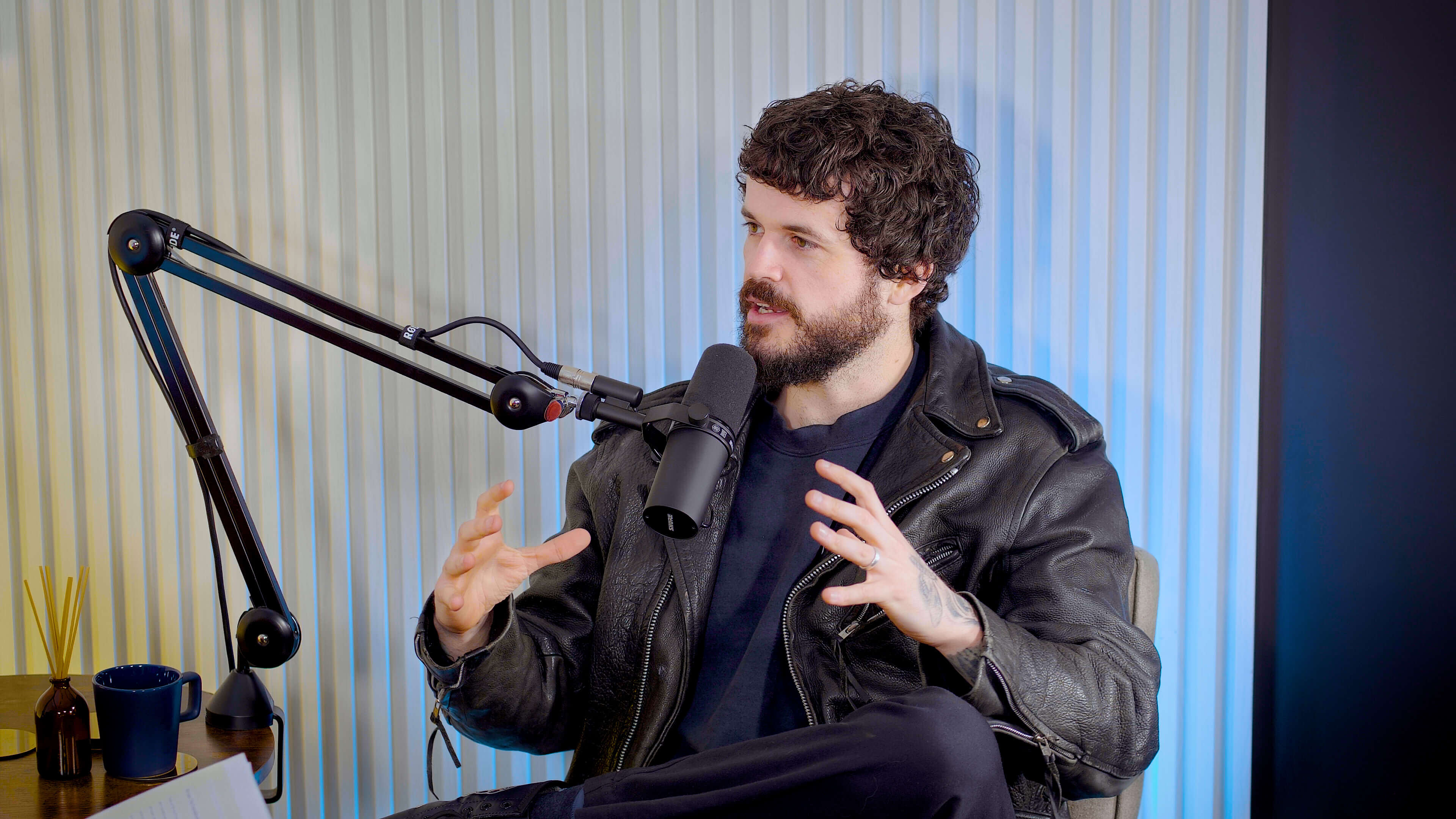
“The consequences of anger and grief are far more damaging than the events that triggered them.” - Marcus Aurelius
Rejection, tough clients, missed deals - it’s easy to let emotions take over. But reacting impulsively only amplifies the damage.
A defensive email or a frustrated remark can hurt relationships and credibility.
Instead, pause. Breathe.
Respond with clarity, not emotion. A measured approach keeps you in control and turns tension into opportunity.
Stay focused on the bigger picture. Your next move matters more than what just happened.
Actionable tips:
- When you feel your emotions escalating, take a deep breath and give yourself time to think before replying, especially in challenging conversations or negotiations.
- Instead of dwelling on frustration or disappointment after a rejection, view it as a learning opportunity. Ask yourself what you can improve or how you can better serve the next prospect.
- When facing difficult customers or objections, shift your focus away from the emotion of the situation and towards finding a solution that benefits both parties.
Remember you will die.
—
Subscribe to The Sales Stoic for daily insights: https://www.dealfront.com/resources/newsletters/the-sales-stoic/
Follow Jack & Zac: Jack: https://www.linkedin.com/in/jack-frimston-5010177b/ Zac: https://www.linkedin.com/in/zac-thompson-33a9a39b/
Connect with We Have a Meeting: LinkedIn: https://www.linkedin.com/company/we-have-a-meeting/ Website: https://www.wehaveameeting.com/
Disclaimer:
The Sales Stoic draws inspiration from the profound wisdom of Stoicism as presented in Ryan Holiday's "The Daily Stoic." As avid readers & fans, we deeply respect the work of Ryan Holiday, and acknowledge the significant impact of Stoic philosophy on our own approach to sales and life.
While The Sales Stoic applies the core principles of Stoicism to the unique challenges and opportunities faced by salespeople, it is an original work with its own distinct voice and focus. We aim to build upon the timeless wisdom of Stoicism to empower sales professionals with practical guidance and actionable insights for success in their careers and personal lives.
![Jack Frimston]()
Jack Frimston
Co-Founder at We Have a Meeting
![Zac Thompson]()
Zac Thompson
Co-Founder at We Have a Meeting
We didn't start the fire, but the fun and the way we did it didn't start the fire. And once again, you know, ⁓ wow, Tom's a more depicted thing. That's something. Anyway, let's forget about all that because I want to take you down a little.
Okay, I'm ready. It's the 11th of June. Yeah, don't add fuel to the fire. The consequences of anger and grief are far more damaging than the events that triggered them. Marks are radius. Marks are radius. Please keep your hands in the vehicle or you may die. Curly chops. Curly chops. Where does the mind go? Frameston go. I think about fuel to the fire and I think about situations where you might be struggling to bite your tongue. You might snap back.
You might have somebody, prospect that like accuses you or gets, gets mad, mad at you. And you just kind of like bite back. How do you be a stoic in those times? How do you use maybe a tool like the accusation audit? How do you, yeah, it's, it's, it's very hard sometimes because your ego flares up and you think that's not fair. And actually that's quite annoying what you've done. Do you have any like, ⁓ stories from your past? A lot. Okay.
So you know this idea of like being able to recognize in others, in like how others behave, recognize that in yourself. So recognize that, they're angry, they're frustrated, rather than being judging them for it, going like, actually, I recognize that in myself. Well, I've had a call at, we have a meeting once where a guy just seemed very annoyed, very short answers at the start. And actually it got to a point where I said, can I be really honest? And he's like, yeah, yeah.
I've just got this horrible feeling like I've annoyed you. So I'll tell you what we'll do. We'll just let's just leave it there and just maybe I've messed it up or whatever. And he just he just interrupted me and said, no, I'm impressed. I don't know what do you mean? He said, just willing to to cut the shit with me and even to walk away based on the way I'm being. I just had a bit of a tough call before this and I'm probably not not in the game properly. So thank you for bringing it to my attention. Right. Full attention. I'm here. Sorry about that.
It just kind of snapped him out of it being like, can actually just walk away from this, but more so not being like, why have I annoyed you or why are you behaving like that going, I've kind of recognized and I'm doing something that might be on me. Yeah. So actually it feels like I've annoyed you and just putting it out in the room. I think it's called the cold read. Yeah. Anything for you where you think you've done that? Yeah, I could tell you a few times. I've definitely pissed prospects on, but I think, think it's a case of, um,
You said it there as well, and especially in negotiation, not being afraid to walk away. And I've had some situations where prospects come and they go really, really want to work with you, but ⁓ don't don't want to pay an onboarding fee. I go, OK, well, I guess that's it then. No, no, no, no. It's too grand. we can we do a grand? I go, no, there are there are no discounts. So it's like we can either do it or we can't. And then it's case of, yeah, but you're a salesperson. You can obviously do something. No.
And it's like, think one guy, I remember one guy asked for a 1 % discount and it would have meant nothing, but on principle I said, no, we can't do that. percent discount. He was like, well, just give me 1 % off. Just to say, just to say, I just said, no, I can't do that. And he was like, right, leave it then. And he came back and I just said, actually don't worry about it. Do you want to work with people like that? want work with somebody that's trying to just get their fingers in and scrape them around a bit. Anyway.
So that's that negotiation, but the accusation, the cold read, they're great. I haven't it backfire before. Go on. I like these stories. Right. So all things need a full, full view, don't they? So I met a guy, a champion of a potential deal, and he's like, yeah, I love this. I like we need to do something like this. We really need to like get our get our heads around it and look at a different way of doing things and blah, blah. Let's have another call with these two other people who are part of the decision making tree.
So I jumped on a call and actually I didn't do the bit that I do at the start, which is almost like here's the bad things that are gonna happen as part of this call. I'm gonna tell you this amount of money, this amount of thing. And the third one I usually throw in there is I'm probably gonna have to ask you some quite tough and uncomfortable questions, but I didn't do that because I assumed that this other guy had done the lifting for me. So I jump into the call and I just sort of treat it like an extension of the first call. And after about...
10 minutes, one of the guys is looking at me like really, really pissed off. I said, ⁓ I'll have to, I'll have to pause. Say he's called Jack. went, Jack, I've got this horrible feeling like I'm annoying you. And you went, and you went, well, I am a bit. Yeah. I don't really know why I'm here. Why this is in my diary. I'm just being asked all these really tough questions. And I feel like I'm a bit on the back foot. I don't know. All right. Okay. Well, should we, let's like reframe it then. That's kind of brought it back a bit. And then he, and then he just kept looking so annoyed.
And I asked him again, and he's like, why do you keep asking me that? And then the call just was like, should we just leave it there? And he went, yeah, yeah, I think we should. And then we all just hung up and I never spoke to him ever again. And I mean, and actually the guy who sat there, I messaged him like, what? No response from her or anything. was like, it was definitely like, I'm happy to hold up the mirror and say, I should have had the discipline to treat that call like a new call.
treat every call like a new call and never rely on anyone to sell for you. No, exactly. Like I think that's really, really good. I've had it where somebody's come inbound booked a meeting with me for him and his business partner, not showed up. It's just his business partner. And then I've probably gone into it and been like, right, OK, why are we here? he's like, will you tell me all about you? I'm like, no, I probably need to understand why you've why you booked a call. Why are you here? He's like, well, no.
that's how it works. You've got to tell me why I should use you. I'll be honest with you. I can't do that. It's not gonna happen. We were like, well, let's just leave it then. I was like, oh, yeah, that wasn't I left that one and felt. Yeah. So we'll end on some tips tips. Yeah. So I think going into calls, make sure you treat every call like it's a new call, even if it's part of the decision making trade, like treat everyone the same discipline going up. Don't don't assume anything. No.
Try not to get in your own way with that. And I think be comfortable calling out the elephant in the room. If you feel it, say it. If you think I've annoyed someone, just trust you go. And what's the worst that can happen? You can always say something. feel like I'm annoyed. You're not going to go, no, no, you haven't. And the call is going to move forward. There's nothing bad that can happen as part of that unless you haven't got the discipline. You treat everything like it's an extension of somebody you've already spoke to before. So listen, let's do it the other way around today. OK.
I've been Zack Thompson. I've been Jack Frimston. Remember you'll die. I can't wait to be king.





